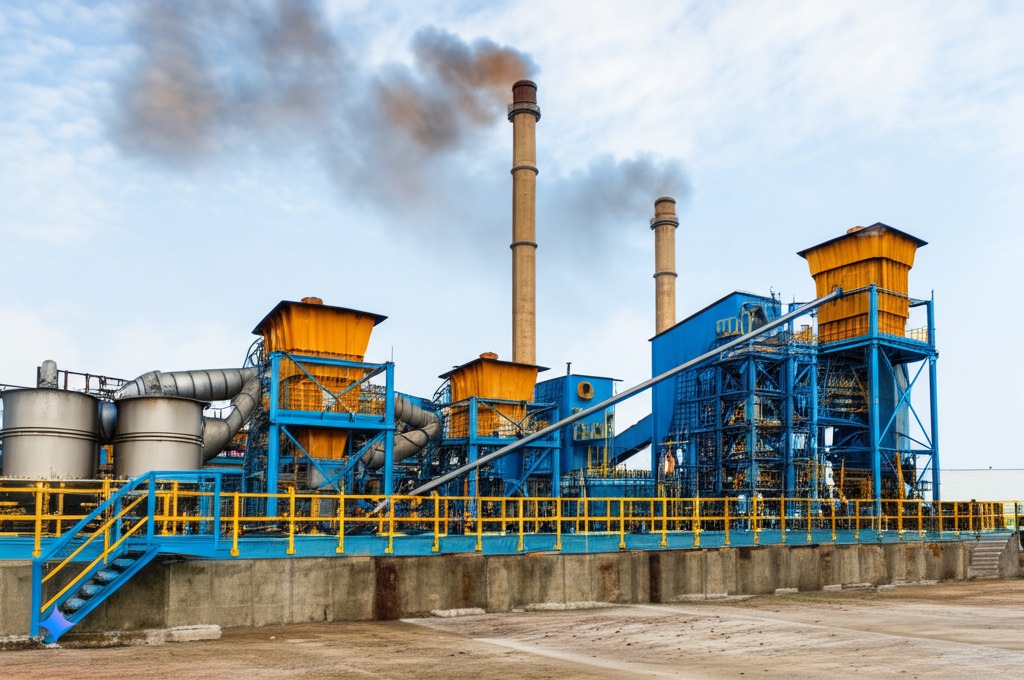Nickel Industry Group Rejects Proposed Royalty Hike, Citing Economic Headwinds
Jakarta, March 8, 2025 – The Forum Industri Nikel Indonesia (FINI) has strongly opposed the government’s proposal to increase royalty rates on nickel ore and its derivative products, citing unfavorable global economic conditions and rising operational costs. The rejection was conveyed during a Public Consultation on the Proposed Adjustment of Types and Tariffs of Non-Tax State Revenue (PNBP) for Mineral and Coal Resources held on Saturday.
The Ministry of Energy and Mineral Resources (ESDM) proposed a progressive royalty tariff for nickel ore, ranging from 14% to 19% based on the benchmark mineral price (HMA), a significant increase from the previous single tariff of 10%.
Additionally, the proposed royalty for nickel matte (a battery raw material) would rise to 4.5% to 6.5% depending on the HMA, up from the previous 2% single tariff, while the windfall profit levy would be eliminated.
According to Kontan.co.id, this represents a 40%-90% increase for nickel ore and a 150%-200% increase for nickel matte from the previous single tariffs.
Alexander Barus, Chairman of FINI, representing all its members, stated firmly that the timing for such a royalty increase is inappropriate to maintain investment climate and the competitiveness of Indonesia’s nickel downstream products.

He outlined several reasons for this opposition.
Firstly, the uncertain global economic conditions, including prolonged wars, trade wars, and a decrease in global nickel demand due to the substitution effect of Lithium Ferro-Phosphate (LFP), have caused nickel prices to plummet to their lowest levels since 2020.
Secondly, demand from China is weaker than expected, and the nickel downstream industry heavily relies on the global steel industry, which is currently dominated by a slowing Chinese economy. Increased geopolitical tensions between the US and China could further impede the growth of the electric vehicle industry.
FINI also highlighted that several government policies have increased operational costs, such as significant increases in the Regional Minimum Wage (UMR), the mandatory use of the more expensive Biodiesel 40, the obligation for Domestic Export Proceeds (DHE) retention, and the increasing difficulty in securing nickel ore supply. Barus emphasized the crucial role of nickel downstreaming in creating 350,000 jobs and reducing income inequality, particularly in Eastern Indonesia.
Furthermore, the implementation of the Global Minimum Tax eliminates the tax holiday benefits, putting financial strain on the pioneering nickel industry, potentially leading to tight cash flow, reduced loan repayments, risks for the banking sector, and job losses (layoffs) in mining and processing.
FINI pointed out that the mineral and coal sub-sector has consistently exceeded PNBP targets, with achievements of 110.25% in 2020, 193.03% in 2021, 180.91% in 2022, 118.41% in 2023, and 125.84% in 2024. Therefore, they argue that raising royalty rates, especially for nickel and its downstream products, is not warranted at this time.
Kontan.co.id reported that the entire nickel mining, processing, and refining sector in Indonesia has faced difficulties for the past two years due to the aforementioned factors, with the threat of layoffs looming. Despite this, FINI, as a partner of the government, remains open to dialogue and discussion to ensure the sustainability of the nickel downstreaming and industrialization program through these challenging times.

